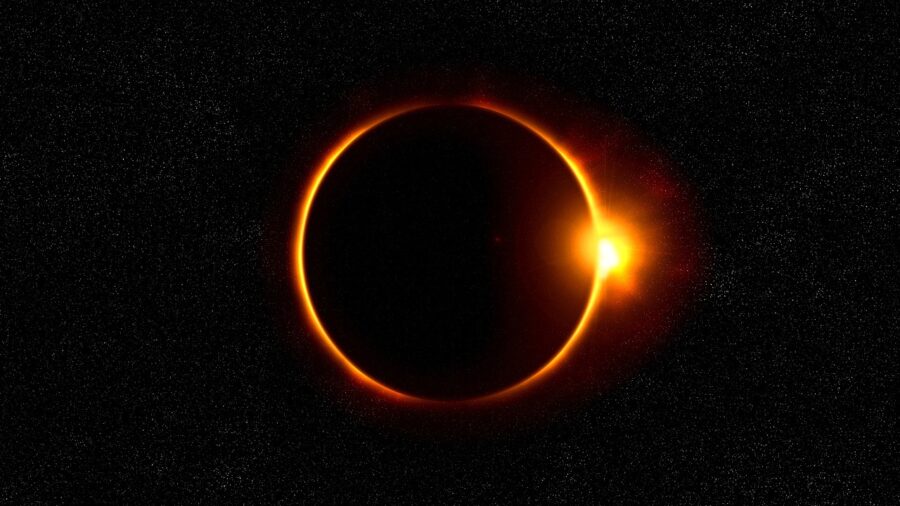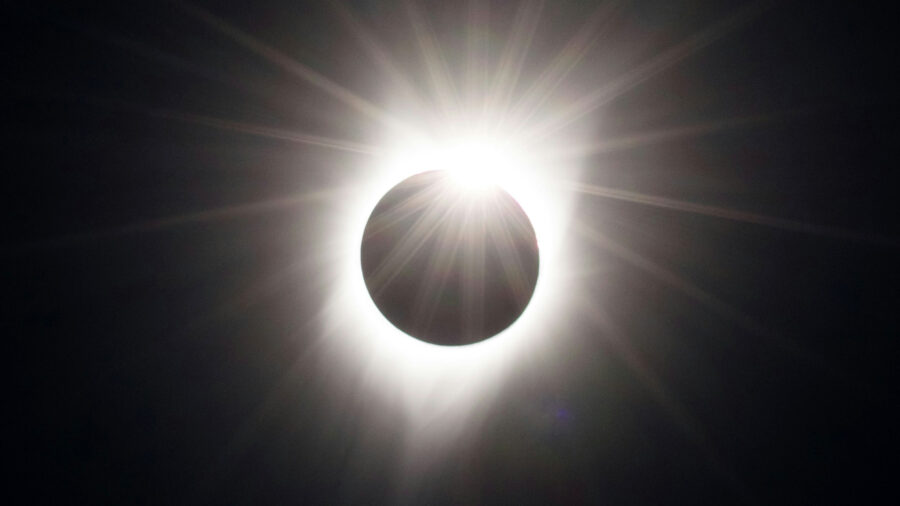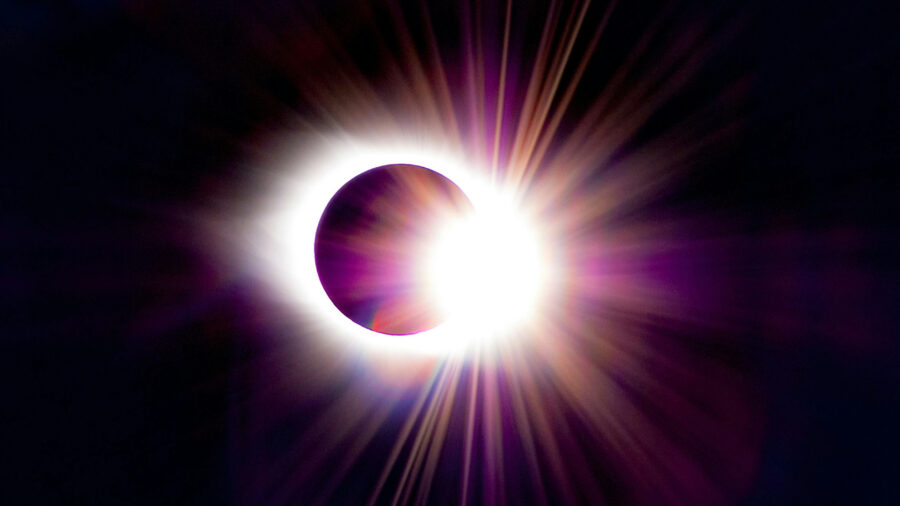Scientists Uncover Ancient Total Solar Eclipse Account

Total solar eclipses like the one that occurred earlier this year are a rare and beautiful phenomenon, which tend to place a choke-hold around the media as news outlets struggle to demand people not stare directly into them, or panic about the notion of an incoming apocalypse. While the people of today tend to go a little cuckoo for Cocoa Puffs at the sight of the Sun blockage, you can likely imagine the pure chaos that ancient societies underwent during times of total solar coverage. Scientists have uncovered a 6,000 year old text which details the first known written account of such an event, allowing us to understand how ancient peoples interpreted a total solar eclipse.
The Rig Veda

The text describing the total solar eclipse is known as the Rig Veda, and serves as a compendium of numerous writings compiled on or around 1500 B.C. within modern day India. Per anthropologists who have studied the texts for years, the Rig Veda is highly allegorical, and uses flowery poetic language to describe a host of normal activity. While this certainly provides modern researchers with a great deal of insight into ancient Hindu cultures, it does make it difficult to know for sure when entries into the text are being literal.
Piercing The Sun With Darkness

The Hindu text describes the total solar eclipse as the result of evil spirits attacking the Sun, and piercing it with darkness. Locals of the time shared concerns that the Sun’s magic would vanish, never to return again, plunging the world into an era of darkness that would surely doom a large percentage of the population. While the text may read as a bit dramatic by today’s standards, it’s actually not far off from what certain elected officials in the United States had to say about the total solar eclipse which took place last April.
Oldest Known Documentation Of Total Solar Eclipse

Realistically speaking, the ancient cultures of 1500 B.C. likely already had some level of awareness regarding total solar eclipses, and probably utilized the flowery language of folk tales to describe the event in a fun and entertaining way. Obviously, these ancient poets would have no way of knowing that their work would be read by scientists in 2024, or that their words would serve as the oldest-known account of a total solar eclipse in all of humankind’s history.
A Deep Understanding Of Astronomy

Still, numerous passages in the text seem to accurately describe certain solar functions, leading modern researchers to assume that ancient Hindi citizens had a rock-solid understanding of astronomy for their time.
Some sections of the Rig Veda specifically describe the rotation of the Earth around the Sun, as well as the positions of certain star systems like Orion and the Pleiades.
These descriptions, as well as the language surrounding the total solar eclipse, have helped scientists to narrow down the exact dates within the text, which could help us to better understand certain celestial behaviors of ancient history.
Narrowing Down The Timeline

Researchers have narrowed the date of the first-recorded total solar eclipse to either October 22, 4202 B.C., or October 19, 3811 B.C. With some additional research, we may soon have an exact read on which date the text in the Rid Veda is referencing. Now all that’s left to do is educate the American public of 2024 and beyond to the reasonable academic standard of India circa 1500 B.C., and we should be able to save a few hundred sets of corneas for the next total solar eclipse.












